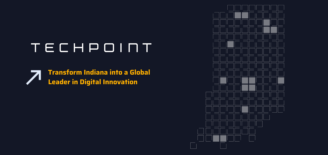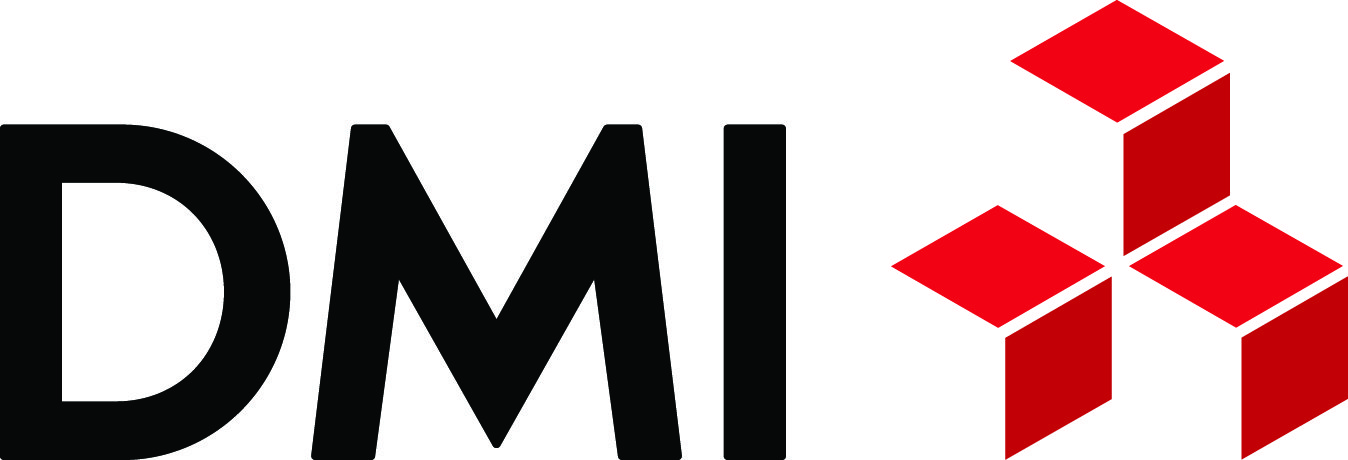DMI helps enterprises focus on digital transformation following the shock of COVID-19
The COVID-19 pandemic of 2020 has affected us all and had a significant impact on the way we work. Some change was temporary, but many costly and time-consuming business practices—like frequent, cross country travel—will likely remain rare even after this health crisis ends.
There also have been numerous unintended consequences, some negative and some positive, that businesses are navigating as they settle into new normals and reimagine the customer experience in the time of COVID.
“It’s freed all of us from the constraints of on-premise or location-based delivery models and propelled technology solutions and consulting relationships perhaps years down the road,” said Gregg Gallant, president of the Digital Transformation Solutions division of DMI (which he founded as Allegient nearly 20 years ago before Bethesda, MD based company DMI acquired the company in 2017). “Over the past six months, we have proven to clients that working remotely we can deliver the same high quality at the same competitive pricing, while getting even more creative by bringing our global resources to bear for the benefit of clients.”
Clients who were once leary of a distributed workforce model and/or resistant to transitioning to digital products had to get comfortable with both overnight. For example, whether it’s a major health insurer in need of a new health screening app that guides patients to the right type of provider or a financial services company that wants to offer more services than ever before through a virtual mobile experience, the shift to producing more and enhancing digital products has been swift with DMI and its clients.
“We’re known for bringing the data and business intelligence to the table from the start so that we can be sure any technology we apply is solving the right problem at the right point in the customer journey, and not just building technology for technology’s sake” Gregg said. “What we’re seeing as a part of this shift, however, is a lot more demand from new and existing clients for artificial intelligence, bots and other staff augmenting automations that, once again, speak directly to the kind of experience companies are offering customers. Big disparities between available online and offline experiences just don’t get it done anymore.”
As a technology solutions builder and consulting firm (the second-largest in the area, according to the Indianapolis Business Journal’s Book of Lists), DMI itself had to make some immediate adjustments to its standard working procedures, but the decentralized, autonomous structure it’s found success with had already been in place for years.
“All of the asynchronous tooling or different communications and productivity tools have been in place for quite a while, and we were already working in a very autonomous, Agile teams fashion before this crisis,” said Kyle Klimek, vice president and global head of application development at DMI. “Being forced to go 100% remote work was really more of a verification that we could do it and do it well, and we haven’t had a single instance of quality control issues. Our company culture was built for this and we focused on coming together as a team, being accountable and transparent to one another and to clients.”
As a go-to Microsoft partner with all of the available Gold and Silver Competencies, DMI has been a consultant of choice for many enterprise level clients, including a number of Indiana’s Fortune 1000 and Fortune 500 brands. DMI, however, is not limited to local or regional work. The global headquarters for the Digital Transformation Solutions division is located in Indianapolis and Gregg and Kyle marshall personnel from multiple regions and countries as needed. Often advertised as “the world’s first end-to-end mobility company,” DMI provides expertise in mobile strategy, UX, web, and app development, omnichannel commerce, brand and marketing, big data management and analytics, and secure device and app management.
“Now that the shock of the challenges and changes due to the pandemic is subsiding, leaders are looking to the future,” said Kyle. “At DMI, we’re helping our clients and prospects see the value of a true digital transformation that will both insulate them from the problems they’ve experienced over the past six months and offer their own customers an overall better and more cohesive experience.”
The DMI division headquartered in Indianapolis has more than 500 employees worldwide, nearly 400 working in the U.S. and 250 people typically working out of the Meridian Tower headquarters on the Northside of Indianapolis. The company has seen 25% year over year growth for several years and has continued to grow through the pandemic. DMI has posted more than 60 U.S. job openings, some based in Indianapolis and nearly all of which are open to remote work, in just the past 30 days.
DMI has been selected for the Inc. 5000 list of ”Fastest Growing Companies” for five consecutive years and the Indiana Chamber of Commerce’s “Best Places to Work in Indiana” list seven times. Learn more about DMI in the TechPoint Tech Directory.







